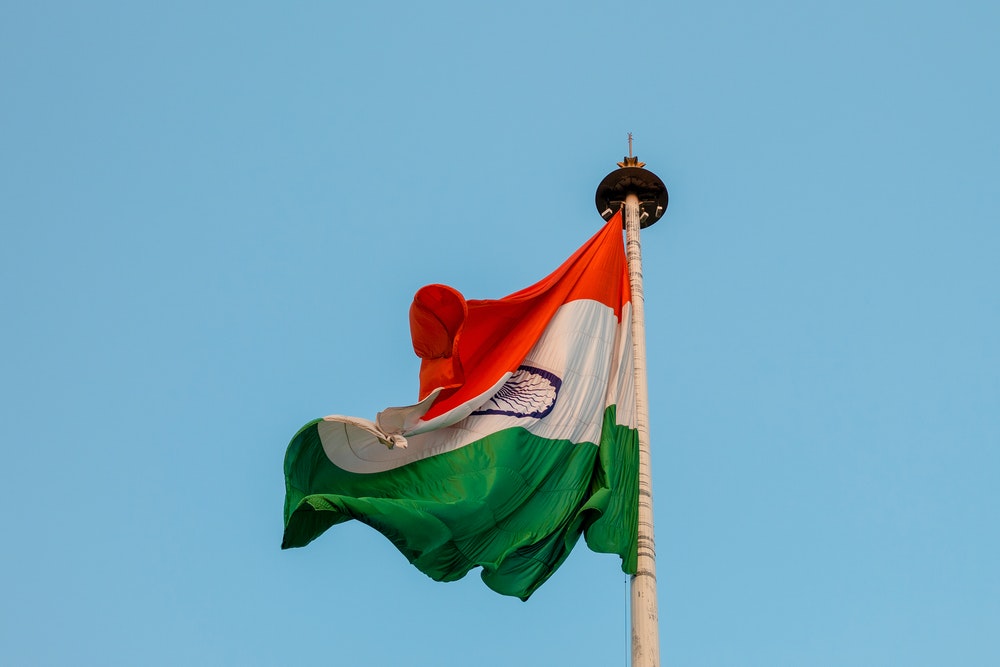Asia is a significant continent for the economic interests of Canada and its Prairie Provinces. India is among the most powerful countries in this region of the world and can be an asset for the Prairie Provinces as a future market. If economic relations can be strengthened between the two countries, it will be a win-win for Canada and India.
India is a rising economy. In 1993, its GDP was around US$280 billion. Three decades later, India’s GDP is more than US$2,600 billion. This country now sits between the United Kingdom and France in terms of economic power. With a growth rate of six per cent before the pandemic, India is fast developing, and with a population of 1.38 billion in 2020, it is the second most populated country after China. In the coming years, it will surpass China, which has a population of 1.4 billion. India will be a leader in world affairs and Asia’s importance in the global economy will strengthen India’s position.
Canada and India already enjoy many ties. For example, 5.6 per cent of Canadians are of Indian heritage. In addition, as Stuart Anderson reports in Forbes: “The number of Indians who became permanent residents in Canada increased from 39,340 in 2016 to 80,685 in 2019, through the first 11 months of 2019, an increase of more than 105%, according to a National Foundation for American Policy (NFAP) analysis of Immigration, Refugees and Citizenship Canada data.” Indian immigration is significant in the Prairie Provinces and particularly in Alberta. There are 174,000 Indian-Canadians in Alberta, making it the third province (after Ontario and British Columbia) in terms of the size of its Indian community.
As the Alberta government reports: “India’s diverse economy encompasses traditional village farming, modern agriculture, handicrafts, a wide range of modern industries, and a multitude of services.” Alberta exports to India in 2019 represented C$181 million, placing it at 24th among Alberta’s export destinations. Before 2006, exports to India represented only $40 million for Alberta. The main products exported between 2019 and 2017 were agri-food (42 per cent) and fossil fuel (26 per cent).
Indeed, India is the third-largest energy and oil consumer in the world after China and the U.S. Consumption is increasing as a result of the country’s development. The India Times reports that: “India’s oil demand is seen rising by by 74 percent to 8.7 million barrels per day by 2040 under the existing policies scenario. The natural gas requirement is projected to more than triple to 201 billion cubic meters and coal demand is seen rising to 772 million tonnes in 2040 from the current 590.” Considering the importance of the fossil fuel industry in Alberta, strengthening relations with India in this area would be an asset.
In early 2021, Indian and Canadian negotiators began discussions about a future trade deal. The goal was to give new impetus to the stalled Canada-India Comprehensive Economic Partnership Agreement, which was initiated in 2010 by former Indian prime minister Manmohan Singh and former Canadian prime minister Stephen Harper, but was put on hold for a decade. Tensions flared between Canada’s current prime minister and Prime Minister Narendra Modi over protests by Indian farmers, hampering the possibility of closer relations and trade deals. Fortunately, relations improved after India shipped doses of COVID-19 vaccine to Canada.
Let’s hope that diplomatic relations will continue to improve to create a better environment for enhancing trade. At the same time, Alberta and the other Prairie Provinces must take the initiative. In 2014, Alberta signed a deal to improve trade with India’s Punjab state, which is the heart of the Sikh community.
Alexandre Massaux is a research associate with the Frontier Centre for Public Policy.
Photo by Sagar Soneji from Pexels.



